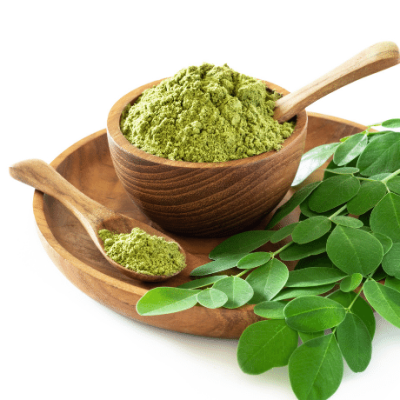
What is Kratom?
Kratom, scientifically known as Mitragyna speciosa, is a tropical tree native to Southeast Asia. Known for its controversial properties, Kratom has been used for medicinal and recreational purposes for centuries. This comprehensive guide aims to delve into the health benefits and risks associated with the use of Kratom.
Kratom is a plant that grows in the wild, marshy regions of Southeast Asia including Thailand, Indonesia, and Malaysia. Its leaves contain a chemical called mitragynine, which works similarly to opioids such as morphine, creating a sense of euphoria and providing pain relief.
Forms of Kratom
Kratom can be ingested in various ways. Those are mentioned as below:
Pills
Capsules
Powder
Tea
Raw leaves
Liquid extract
People chew on raw leaves, smoke them, or consume them in the form of powder or liquid extract. The method of ingestion often influences the intensity and nature of the effects. With different strains of Kratom available, each form offers distinct properties. Whether you prefer the energizing effects of Maeng Da or the calming effects of Bali, there’s a Kratom strain to suit your needs. Try Kratom today and see how it can help improve your overall well-being.
Health Benefits of Kratom
Despite the lack of substantial scientific research, the traditional use of Kratom in Asia has been associated with several health benefits.:
Pain Relief
Kratom is believed to alleviate chronic pain. Its main compound, 7-hydroxymitragynine, is considered 13 times more potent than morphine.
Energy Booster
Kratom is also known to boost energy levels. Its stimulating effects are comparable to caffeine, making it a popular choice among those seeking to increase their energy.
Mood Enhancement
Kratom may have mood-enhancing effects. Some reports suggest that it could potentially be used as an antidepressant or a hunger suppressant.
Health Risks of Kratom
Despite its potential benefits, Kratom carries several health risks. High doses of Kratom can cause nausea, dry mouth, itching, and even hallucinations. Long-term use of Kratom can lead to addiction and withdrawal symptoms similar to those associated with opioids.
Kratom and Opioid Withdrawal
There’s a widespread belief that Kratom can help with self-treatment of opioid withdrawal symptoms. However, health experts express concerns about the potential for misuse and the risk of addiction.
Kratom Dosage
The recommended dosage of Kratom varies significantly depending on the purpose of use. Early studies suggest that doses below 5 grams of raw plant material may have a stimulating effect, while higher doses between about 5 and 15 grams may help relieve pain.
Legality of Kratom
The legality of Kratom varies worldwide. In some countries, the use and sale of Kratom are banned or controlled. In the United States, Kratom is legal and available online and in many places.
Kratom Strains
There are three different strains of Kratom – red, green, and white. These strains differ in their potency and effects, with red Kratom believed to be stronger than the older green form.
Kratom Drug Interactions
Kratom may interact with other drugs and substances, potentially leading to adverse effects. It is essential to consult with a healthcare professional before starting to use Kratom, especially for those on other medications.
Conclusion
While Kratom has been traditionally used for various medicinal purposes, its safety and efficacy are not yet fully established by scientific research. The potential for misuse and the risk of addiction raise several concerns about its use. As such, individuals should consult with healthcare professionals before starting to use Kratom.
Remember, the key to safe use of any herbal supplement or medicine, including Kratom, lies in moderation and informed decision-making.




